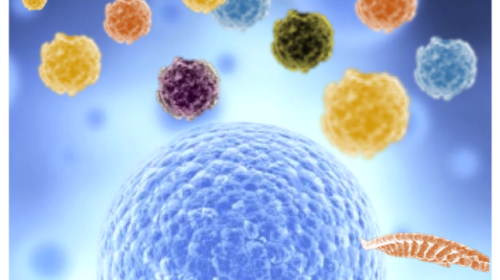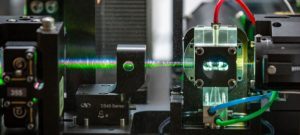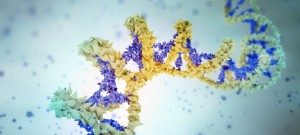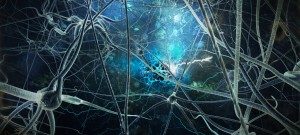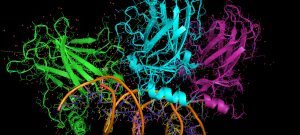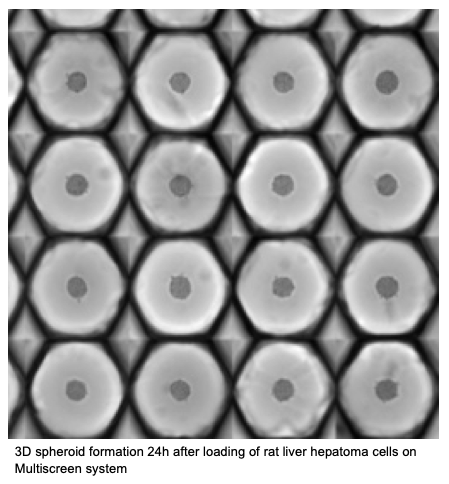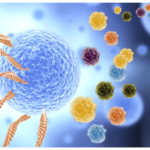Introduction. Cell-to-cell variation affects all biological systems and processes, from stem cells and development, to immunology or cancer. Conventional population (bulk) measurements provide averaged information that does not reveal cellular individuality and masks extreme phenotypes that may occur within a given cellular population. Recent breakthroughs in single-cell omics technologies have made it possible to transpose the large-scale studies down to single cell level and to investigate the genome, epigenome, transcriptome, proteome, metabolome, and their inherent interactions with single-cell resolution. Single cell support at C2RT core facilities. The Center for Technological Research and Resources (C2RT) of the Institut Pasteur proposes numerous resources for single cell analysis, open to the entire academic and clinical research community. The following single cell omics approaches are proposed:
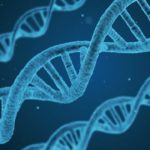 Single Cell Transcriptomics, Epigenetics and Genomics
Single Cell Transcriptomics, Epigenetics and Genomics
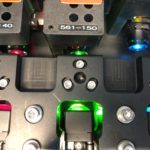 Single Cell Phenotyping – Flow Cytometry
Single Cell Phenotyping – Flow Cytometry
Single Cell Phenotyping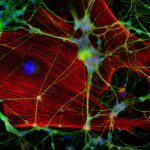 – Microscopy
– Microscopy
Single Cell Proteomics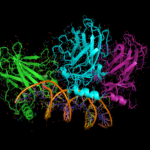
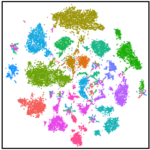 Single Cell Data Analysis
Single Cell Data Analysis
Central to the single cell initiative at the Institut Pasteur is the Cytometry and Biomarkers UTechS (CB UTechS) that is the entry point to different types of single cell support. The CB UTechS harbors technologies and pipelines for single cell phenotyping, sorting, transcriptomics and data analysis. It also mediates interaction with other single cell OMICS platforms at the Institut Pasteur. Development. In collaboration with internal and external scientific collaborators, the C2RT ensures transfer of emerging technological developments into standardized pipelines and renders them accessibly by the entire scientific community. The Institut Pasteur aims to provide financial support to innovative scientific projects in the field of single cell analysis. The list of scientific groups that benefit from single-cell resources at the Institut Pasteur is available here. Animation, teaching and training. Besides training for autonomous use of various single-cell technologies available at C2RT, we organise monthly “Single cell bioinformatics working group meetings”, annual hands-on “Single cell gene expression and beyond” course and regular seminars with single-cell -related topics.
How to access
Contact us at single_cell@pasteur.fr
- For a discussion about your project and selection of the appropriate technological solutions for single cell analysis
- For a collaboration and co-development of single cell technological solutions



